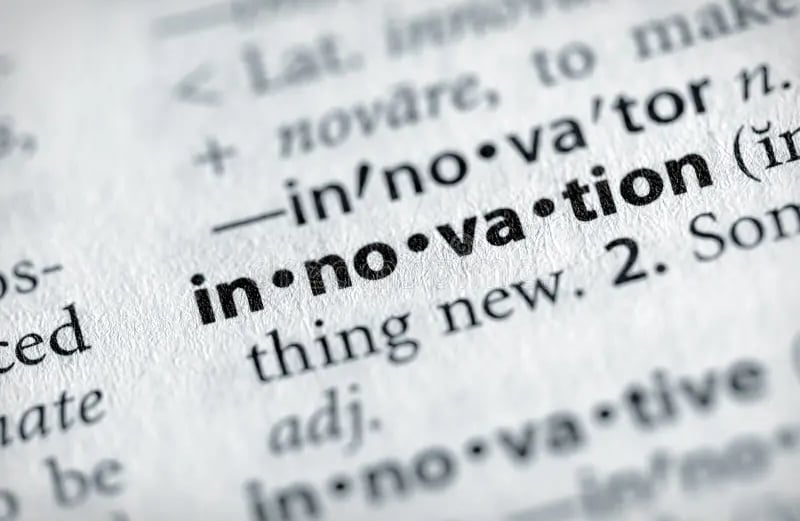

In the dynamic landscape of 21st-century medicine, the relentless march of technological innovation brings forth a multitude of ethical considerations. This essay engages with the delicate balancing act required to navigate the intersection of cutting-edge medical technologies, genetic engineering, and other advancements, exploring the ethical dimensions that accompany the progress of modern medicine.
The Ethical Landscape of Emerging Medical Technologies
As medical technologies evolve at an unprecedented pace, ethical concerns become more intricate. Treatments once deemed futuristic, such as gene editing, personalized medicine, and artificial intelligence in diagnostics, have transitioned from the realm of science fiction to tangible medical interventions. The ethical landscape of these emerging technologies requires constant scrutiny to ensure their responsible and equitable application.
Gene Editing: The Power and Peril of Genetic Manipulation
One of the most transformative and ethically charged areas of medical innovation is gene editing. Technologies like CRISPR-Cas9 offer unprecedented precision in modifying the human genome, presenting both immense therapeutic potential and profound ethical challenges. The ability to eliminate genetic diseases before birth raises questions about the moral implications of intervening in the fundamental building blocks of life.
Balancing the promise of eradicating hereditary diseases with concerns about unintended consequences, ethical standards surrounding gene editing are evolving. The debate encompasses issues of consent, equality of access, and the potential for unintended genetic alterations. Striking the right balance requires ongoing dialogue among scientists, ethicists, policymakers, and the broader public.
Personalized Medicine: Tailoring Treatments to Individuals
The advent of personalized medicine, leveraging genetic information to tailor treatments to an individual's unique genetic makeup, introduces ethical considerations surrounding privacy, consent, and equitable access. While personalized medicine holds the promise of more effective and targeted therapies, questions arise about the responsible use of genetic data, potential discrimination based on genetic predispositions, and the impact on healthcare disparities.
Ensuring that the benefits of personalized medicine reach diverse populations without exacerbating existing health inequalities becomes a central ethical challenge. The responsible implementation of these technologies requires establishing robust safeguards, transparent policies, and educational initiatives to empower individuals to make informed decisions about their genetic information.
Artificial Intelligence in Diagnostics: Algorithms and Accountability
The integration of artificial intelligence (AI) into medical diagnostics brings forth ethical considerations related to accountability, transparency, and bias. AI algorithms, while capable of revolutionizing disease detection and prediction, can perpetuate and amplify existing disparities if not developed and deployed with ethical principles in mind.
The responsible use of AI in healthcare involves addressing algorithmic biases, ensuring the explainability of decisions made by AI systems, and establishing clear lines of accountability when these technologies are integrated into patient care. Striking the right balance between the autonomy of AI systems and the oversight required by human healthcare professionals becomes a critical ethical imperative.
Emerging Frontiers: Neurotechnology and Enhancements
Advancements in neurotechnology raise ethical questions about the potential for cognitive enhancements, brain-computer interfaces, and interventions in mental health. The ethical considerations here extend beyond medical realms into the societal and philosophical, exploring the boundaries of human identity and agency.
As neurotechnological interventions move from theoretical possibilities to practical applications, ethical frameworks must grapple with issues of consent, privacy, and the long-term societal implications of altering cognitive abilities. The responsible development and use of neurotechnology require ongoing interdisciplinary dialogue to anticipate and address ethical challenges as they arise.
The Role of Bioethics: Navigating Uncharted Territory
In navigating the uncharted territory of 21st-century medical advancements, bioethics emerges as a crucial guide. Bioethicists play a pivotal role in developing ethical frameworks, conducting risk-benefit analyses, and fostering ethical literacy among stakeholders. The collaboration between scientists, clinicians, policymakers, and ethicists becomes essential to ensure that ethical considerations are embedded in the DNA of medical research and practice.
Conclusion: A Compass for Responsible Innovation
In conclusion, the 21st century presents a landscape of unparalleled medical innovation, accompanied by intricate ethical considerations. As humanity stands at the threshold of possibilities once deemed unimaginable, the responsibility to balance innovation with ethical principles becomes paramount. Striking this delicate equilibrium involves continuous reflection, open discourse, and proactive ethical frameworks that evolve alongside technological advancements.
The ethical dimensions surrounding emerging medical technologies require collective engagement from the global community. By fostering a culture of responsible innovation, transparent governance, and inclusive decision-making, the 21st century can harness the transformative power of medical advancements while ensuring that ethical considerations guide the trajectory of progress. In doing so, society can embark on a journey where cutting-edge medical technologies become not only symbols of scientific achievement but also beacons of ethical responsibility, shaping a healthier and more equitable future for all.
Read also - https://www.admit360.in/medical-breakthroughs-rare-disease-treatments
